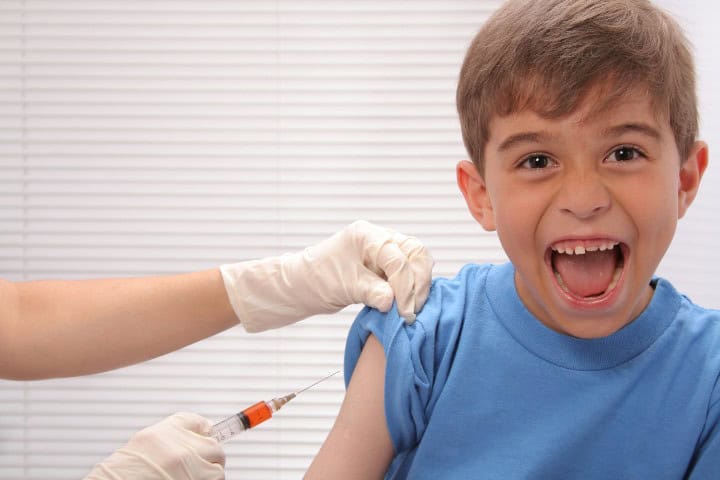
Regular pediatric check-ups are a cornerstone of child healthcare, playing a crucial role in ensuring the healthy development and well-being of children from infancy through adolescence. These visits provide a structured opportunity to assess and monitor a child’s growth, identify potential health issues early, and maintain up-to-date vaccinations. This article explores the multifaceted benefits of consistent pediatric visits and explains why they are indispensable for both children and their parents.
Monitoring Growth and Development

One of the primary functions of regular pediatric check-ups is to monitor a child’s physical growth and developmental progress. Pediatricians measure key metrics such as weight, height, and body mass index (BMI) to ensure children are growing at a healthy rate. These visits also assess developmental milestones that cover physical skills, cognitive abilities, and emotional and social growth. Tracking these milestones helps in identifying developmental delays or abnormalities early, allowing for timely interventions.
Early Detection of Health Issues

Regular check-ups facilitate the early detection of health issues, which is pivotal in managing potential diseases and conditions before they become severe. Pediatricians perform various screenings that can identify conditions like hearing impairments, vision issues, allergies, and more. Early diagnosis and treatment can significantly improve the prognosis for many health conditions that might otherwise go unnoticed until they become more serious.
Timely Vaccinations

Vaccinations are another critical component of pediatric check-ups. Staying on schedule with vaccinations is vital for preventing various infectious diseases that can be severe or even fatal. Pediatric check-ups ensure that children receive their vaccines at the right ages and stages of their development, providing essential protection as they grow.
Tracking Developmental Milestones

Beyond physical health, regular pediatric visits help track developmental milestones, which include language skills, motor skills, personal/social skills, and more. This aspect of pediatric care ensures that children are not only surviving but thriving. If any developmental issues are spotted, pediatricians can refer specialists or recommend early intervention services to address these needs promptly.
Providing Peace of Mind for Parents

For many parents, regular pediatric check-ups offer peace of mind. Knowing that a trained professional is regularly assessing their child’s development and health can alleviate concerns and answer any parenting questions that arise as children grow. These visits are an opportunity to discuss topics such as nutrition, sleep habits, behavioral issues, and other parenting concerns.
Personalized Healthcare Plans

Each child is unique, and regular pediatric visits help to tailor healthcare plans that accommodate individual needs. Pediatricians consider a child’s health history, family history, and any existing conditions to create a comprehensive and personalized healthcare strategy. This individualized approach ensures that each child receives the most appropriate care for their specific circumstances.
The importance of regular pediatric check-ups cannot be overstated. They are essential not only for monitoring growth and development but also for early detection of health issues, timely vaccinations, and tracking developmental milestones. Regular visits to a pediatrician provide a foundation for a healthy life and ensure that children receive personalized care tailored to their needs.
Parents looking to support their child’s health and development should prioritize these check-ups, ensuring their little ones receive the best start in life. Contact Pediatric Associates of Dallas today to schedule your child’s next pediatric check-up and embrace a proactive approach to your child’s health.
